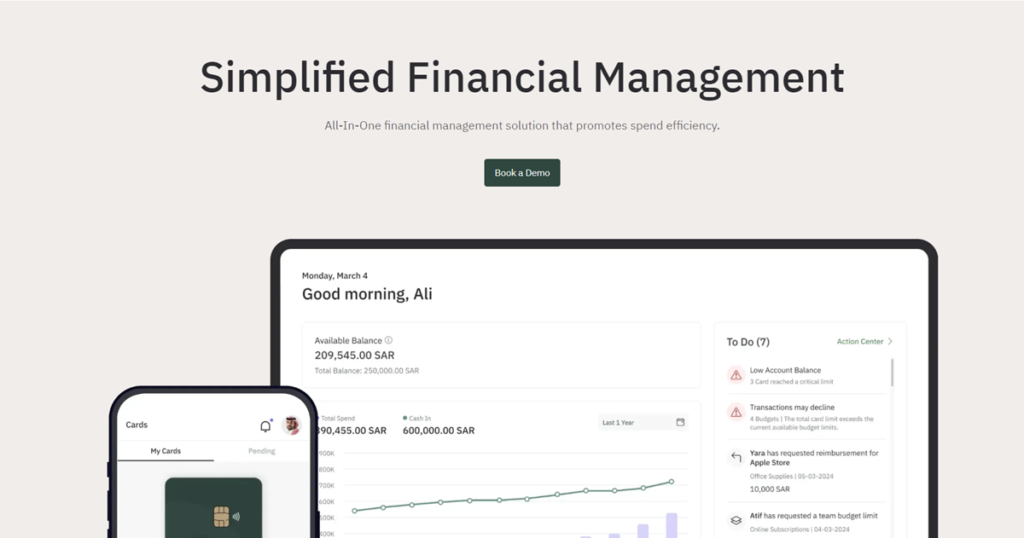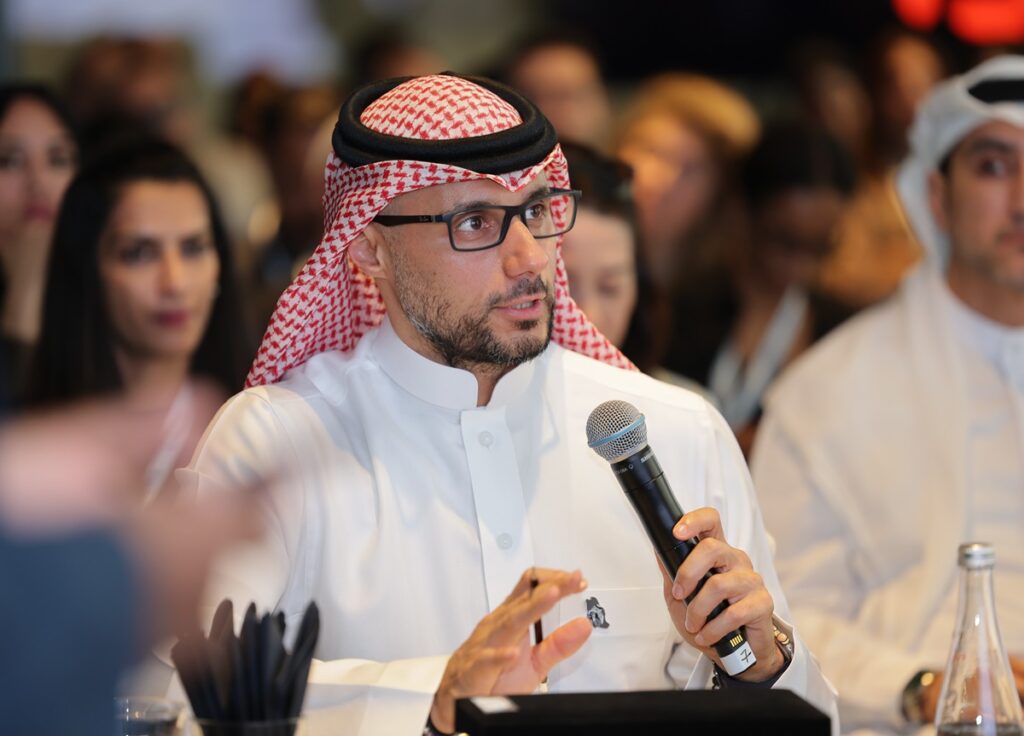By Khaled bin Alwaleed
There is absolutely every reason to take pride in Careem’s recent acquisition by Uber. It is truly a big moment for the region’s entrepreneurs and investors when every major business publication in the world is talking about a startup that was built and bred here in the GCC. While we all applaud Careem’s recent announcement, I hope that big acquisitions don’t distract us from the work that still needs to be done to improve our venture capital and entrepreneurial ecosystem.
There’s no arguing with the fact that much progress has been made in this area in recent years. If we look back on Magnitt’s data for 2018, we can see more deals (up to 366, a 3% gain on the previous year), more funding (up 31% on 2017 if you take out Souq and Careem), and more institutional investors (up 5% on 2017). These may be impressive numbers, but if our part of the world is aspiring to compete with the very best, as I believe it should, I don’t believe that the Careem acquisition should mask the fact that VC is still in its early stages in the MENA region, comparatively.
I do applaud Careem for its amazing track record and exit, but the leap in logic that says venture capital here is mature is not accurate – our track record is improving, but we are not a ripe venture market yet. Based on pitches I have received directly from entrepreneurs, venture capital funds and companies, one issue I can easily point out is that many startups in the region are overvaluing their companies simply because they believe some large entity from abroad will sweep into the region and acquire them. Seed, pre-seed and angel round venture funds are fueling the fire.
This trend is certainly not limited to the GCC region. As far back as five years ago, Mark Cuban called out Silicon Valley investors for suffering from a similar, me-too-type FOMO: “Investors have ‘fear of missing out’” which encourages seed, angel and venture investors to throw money at everything because they want to find their unicorn or massive $1 billion exit”.
Investing in companies for the exit isn’t right, but many investors do anyway. Incidentally, that shouldn’t be the point of starting a company; the point to starting a company is making an impact, generating revenue and growing to becoming a sustainable successful business. Let’s not forget that Souq’s acquisition was valued at around a 30% haircut from its previous valuation round of a billion – otherwise known as a unicorn.
Some solutions present themselves:
1) The establishment of more companies with venture arms that have a true venture capital focus, not a veiled private equity agenda.
2) More regional investors focusing on later stage rounds, not just angel, pre-seed and seed. There is no shortage in this region of family and friends willing to contribute to very early stage raises to help someone start and operate a small business. This region is short of C round or larger – and this is where we need to focus on in the coming years.
We also need to work more on exposing our promising businesses to more mature venture investment markets whether they’re in the US, Europe or Asia – leading the way for exposure of our local expertise. That’s not to say that we are not already making progress here. Again, if we look at Magnitt’s data for 2018, fully 30% of all institutions investing in MENA-based startups were from outside the region, of which almost half had never invested here before. This is a solid platform, but we need to market our best and brightest prospects even more effectively in the future. This can help more of our entrepreneurs securing later stage rounds with the right partners! Entrepreneurs themselves also need to know the difference between pre-seed and seed pitches, angel and later stage pitches which vary greatly in terms of direction.
Venture capital plays a huge role in fostering economic diversity and strength; mature startup and investment spaces add a lot of value to a country’s GDP so barriers to entry in terms of regulation do need to be addressed. We need to continue to expose our investors and entrepreneurs to mature international ecosystems to learn and adapt either by introducing companies from the US or Europe to the Middle East (which is what we have been doing) and/or introducing our entrepreneurs and investors to the US and Europe. This exposure can only be positive.
People in this region often don’t have an appetite for venture investing, and are traditionally seen as being risk-averse. But venture investing, when executed correctly, is extremely safe. Proof of that can be found not only in venture-mature markets, but also in the returns now being enjoyed by the foresight of those who invested in Careem.



